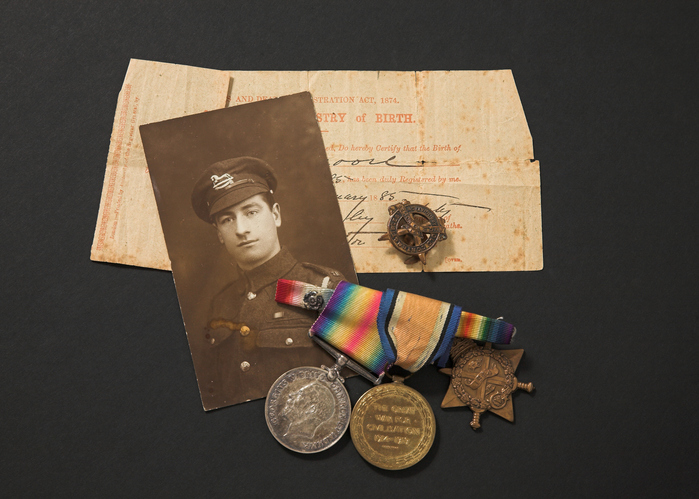On Memorial Day, we’ll honor all that served in 20th and 21st century conflicts, including World War II, the Vietnam War, and the Gulf War. The U.S. has been a country for more than 200 years now, and involved in a number of freedom-fighting missions. Here’s a look at a few — and the men in women who fought in them — not often discussed in history class.

The Quasi War
For centuries, Britain and France were often at odds or outright war with one another. One flare up involved the U.S. in its infancy. When the American colonies revolted against British rule and declared independence, France happily provided resources to defeat the common enemy. But after the war, the newly formed U.S. had very little money, and defaulted on its French war debt. The justification: The French crown had loaned the U.S. the money, and since the royal system no longer existed after the French Revolution, the money didn’t need to be repaid. That angered the French government, as did the U.S. establishing trade with Britain almost immediately. And so, from 1798 to 1800 (when a truce was reached(, France waged (not officially declared) war against the U.S., attacking their ships at sea around the world.
Make your way through the ranks and read about the history, triumphs, trials, and humor of those who serve in Uncle John's Bathroom Reader Salutes the Armed Forces (eBook).
The First Barbary War
At the dawn of the 19th century, and just after it got French ships to leave them alone, American ships kept getting attacked by the legendary Barbary Pirates. Tripoli, at the time a kingdom in northern Africa, offered a hand: It offered American ships safe passage through the pirate-full waters near its borders…for a large fee, of course. The Americans turned down the offer, and sent in a naval blockade against Tripoli. During that standoff, Tripoli captured the U.S.S. Philadelphia, and the Americans retaliated by invading coastal cities in Tripoli. A peace treaty was established in 1805 after Tripoli got the money it had wanted in the first place, which it received in exchange for the safe return of captured American soldiers.
Operation Urgent Fury
Grenada, small island nation in the Caribbean, had only been independent from the United Kingdom for five years when a Communist leader named Maurice Bishop took control in 1979. Just four years later, another Communist revolutionary named Bernard Coard had Bishop killed and then he took over Grenada. Riots broke out as iron-fisted rule started to become the norm, making life tricky for the 1,000 American citizens (mostly medical students) living in Grenada at the time. To help them out, President Ronald Reagan sent 6,000 troops to the island, who square off against the Grenadian army, bolstered by soldiers sent by nearby Communist ally Cuba. About 100 American troops endured injuries, and 20 died; 60 troops from the Grenada-Cuba alliance perished. As a result of the invasion, Coard’s new government fell apart, and one friendly to the U.S. assumed control.








